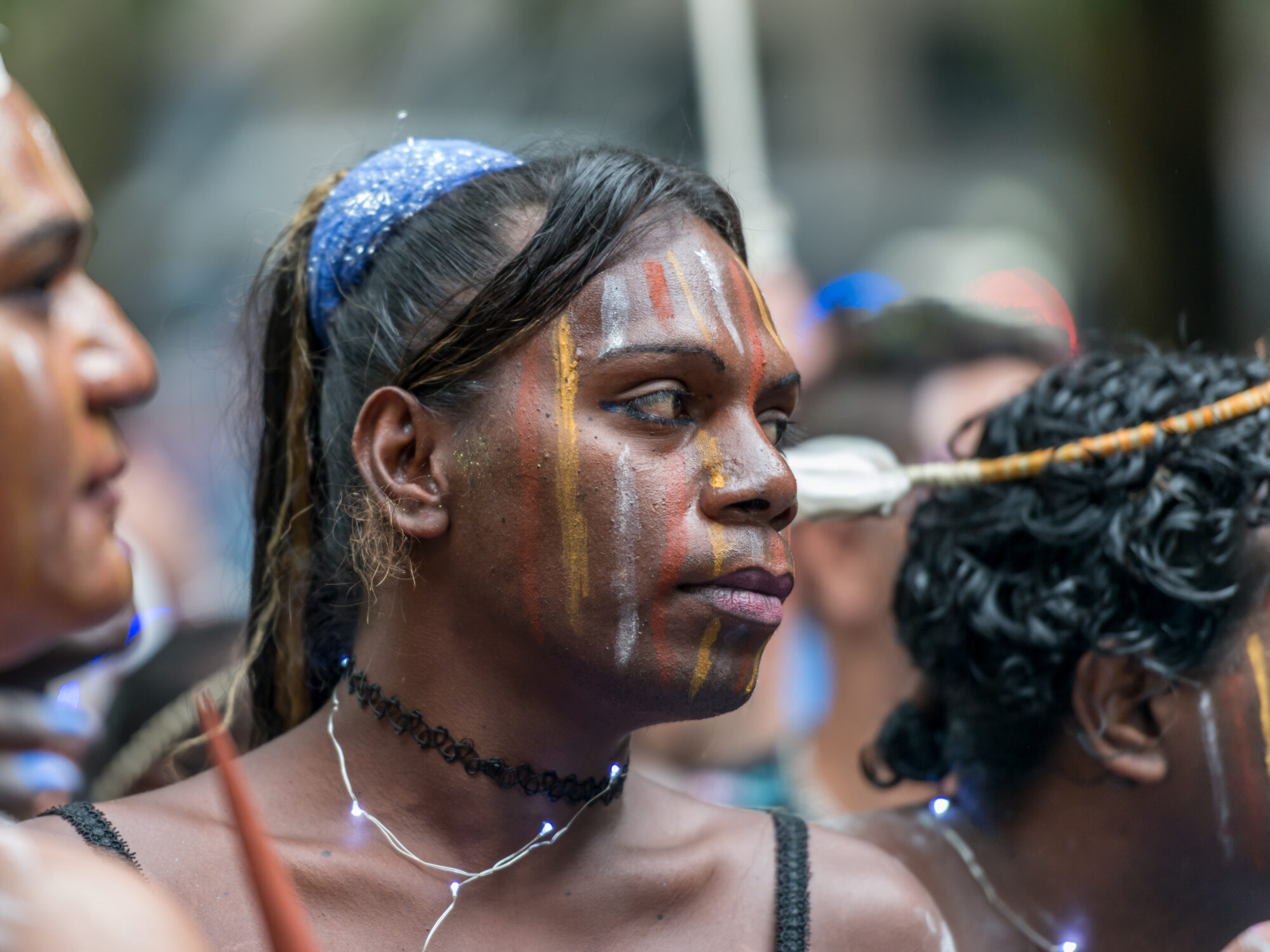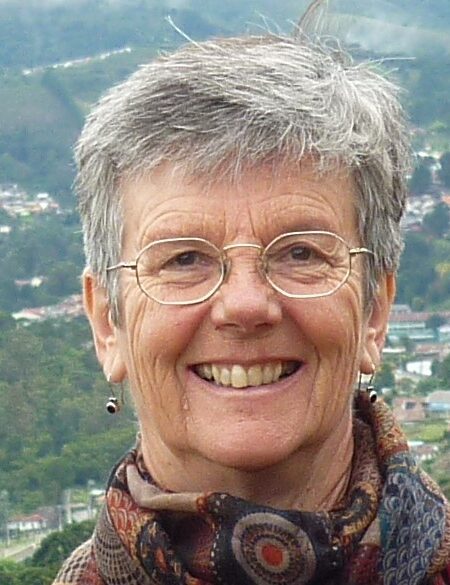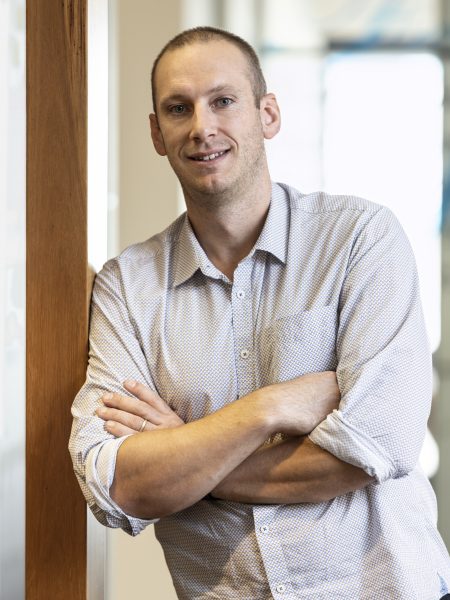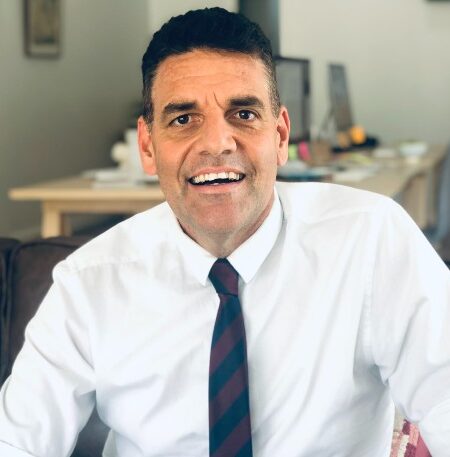The Register avoids some of the more common barriers to lodging a formal complaint about race discrimination. For instance, complaints are anonymised in our reports, meaning that people can record their experiences without being identified. Our inaugural six-month interim report was launched online on 24 November 2022. This report was based on 267 reports of racism against Aboriginal and Torres Strait Islander people entered into the Register – a relatively high number, compared with numbers of reports of race discrimination generally made to anti-discrimination bodies in a similar period by First Nations peoples.
The Register should, over time, identify patterns of racism at institutional and systemic levels that can inform evidence-based advocacy and campaigning initiatives directed towards eliminating racism and discrimination against First Nations Peoples. As such, though each report made through the Register is important in its own right, it also contributes to the telling of a larger story about racism against Aboriginal and Torres Strait Islander people in this country. This is important as First Nations experiences of racism still remain largely invisible to the larger populace and their occurrence is often denied.
First six months of Call It Out reports
Our six-monthly report indicates that more than half the reports (52%) were made by persons who experienced racism, while the remainder were made by witnesses of racism or friends or relatives of a person who experienced racism.
The types of racism most frequently reported were stereotyping, discrimination, and institutional racism (46%). Aggressively racist behaviour was also evident – taken together physical and verbal abuse, hate speech, bullying, threats, intimidation and damage to property comprised 34% of responses. Examples include unnecessary use of physical restraints on a hospital patient and threats by a public servant to hang an Aboriginal work colleague because he had lodged a complaint about them.
Workplace racism was the single most reported place for the occurrence of racism (26%), followed by commercial locations (17%). The most frequently nominated perpetrators were also employees and employers (34% of perpetrators). Government institutions were nominated in 13% of cases, followed by unknown members of the public (11%). Health service employees were also more frequently identified as perpetrators of racism than police, educational employees or other government or non-government service providers. Women were more likely to be identified as a perpetrator than men (41% compared to 33%).
Victims of racism were more likely to be women (55% women compared to 35% men). We explicitly explored the gender dimension of racism by focussing only on the 134 self-reports of racism (excluding third party reports by witnesses and family and friends). Women comprised nearly two thirds of the self-reports (63% women compared to 34% men). In general, there was little difference in the reports on the type of racism by gender. However, women were almost twice as likely to report racism in the workplace than men (36% compared to 19%) and they were also proportionately more likely to report racism in a private setting than men (14% compared to 6%). There was very little difference by gender in the feelings associated with racism, nor with what needs to be done to combat racism.
The stories shared on the Register describe the profound impacts on First Nations peoples of the all too common problem of racism. The incidents described place racism in many familiar settings – in small private gatherings, on the street and social media; in shops, cafes and buses, hospital beds and classrooms; and in government and other institutions. They identify racism as more systemic in nature and as interpersonal – as conversations overheard by and as comments or violence directed at individuals, for instance. Impacts are described as both emotional and more practical, leading to exclusion and isolation, financial stress (when having to leave employment), deep sadness, physical harm and feelings of worthlessness, as just some examples. Impacts on children and young people are also recorded, with one Aboriginal mother of children who had experienced racism for the first time reporting her sadness that this was the start of what would be an ongoing issue. Aboriginal people reporting more systemic racism identify it as impacting on the ‘cultural fabric’ of Aboriginal communities.
The stories shared also point to the importance of calling out racism, including through the Register. Giving voice to experiences of racism through this platform and otherwise provides some antidote to the considerable negative impacts of racism, with one Aboriginal man referring to making a report on Call It Out as a ‘catharsis’. Calling out racism is also important as society at large is still very much in denial about its existence, as noted above and as many entries on the Register indicated. The reports identify that there is much more work to be done to create safe and constructive spaces in which racism can be effectively challenged. Greater awareness, support, advocacy and protection for people who have experienced racism are all required.
Alongside voices of First Nations peoples, the Register has also heard from many witnesses of racism, including non-Aboriginal people. These voices are important too, both because they corroborate Aboriginal accounts of their experiences of racism and make an important contribution to calling out racism. This was evident in a health setting, for instance, where reports from both consumer and employee perspectives identified racist stereotyping of Aboriginal patients by doctors and nurses and the (sometimes fatal) impacts this stereotyping has on medical treatment.
It is heartening to see multiple accounts in the Register from witnesses who stepped up and challenged racism in real life situations. This stepping in and up by witnesses is an important mechanism through which we realise collective responsibility for reducing racism against First Nations peoples. This was a key theme in suggested solutions for combating racism: that we all have a part to play in avoiding and reducing racism. As one Aboriginal woman reporting on the Register stated, it ‘can’t be up to mob to constantly defend [our] existence’. A further positive way forward identified in the Register are approaches that bring together those impacted by racism to draw and build on their resilience and their sense of solidarity arising from their shared experiences of racism.
Next steps for the Register
We expect to see many more reports of racism to Call It Out, given the extent to which this issue is experienced by First Nations people. We will start reporting on the Register annually in 2023. We are also looking at ways in which to increase access to the Register for First Nations peoples through community engagement strategies, amongst other activities. Partnerships around the Register with individual Aboriginal communities and organisations are also being explored.




